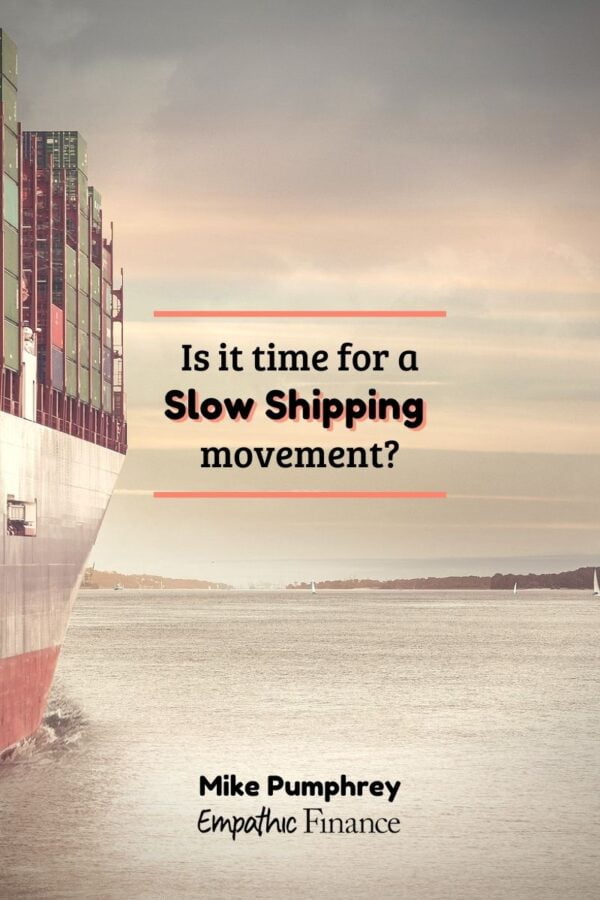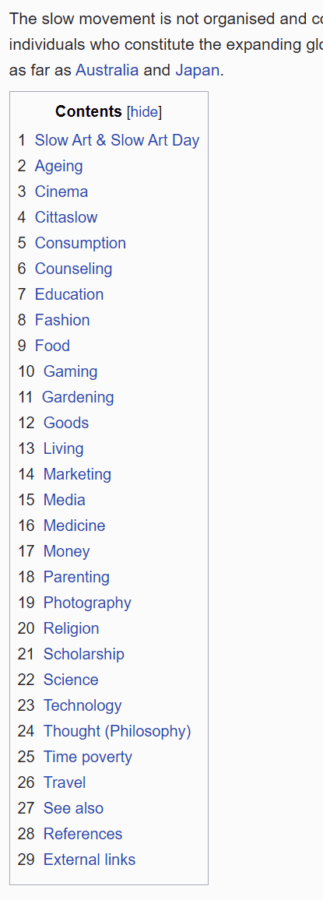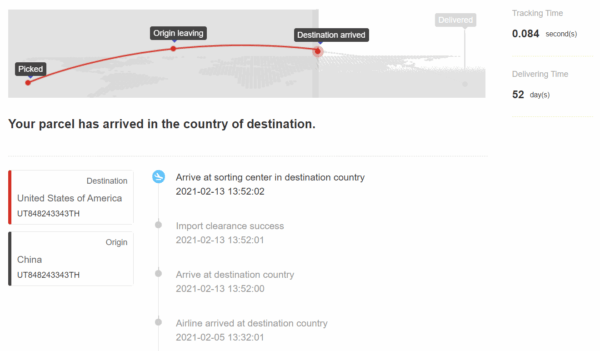I propose the creation of a Slow Shipping movement, like the Slow Food movement, to promote the pleasure of waiting for items to arrive.
Have you heard of AliExpress?
I hadn’t until recently. As far as I can tell, it’s an offshoot of the Chinese e-commerce giant Alibaba, and it’s basically an online global bazaar for buying pretty much anything.
It’s a vast, sprawling, confusing mishmash of shops, and it’s absolutely enthralling. Since many of the stores are based in China, and most things are made in China these days, it gives you a feeling of buying more direct, eliminating the middle-person.
It also reminds me of eBay back in the 1990’s when it was more of a free-for-all and less of just an Amazon alternative.
Also, it’s just weird sometimes. This is a screenshot I got from AliExpress as I was writing this post. What in the world?

And plus it’s cheap. I had the desire to buy some small plastic cases for my camera batteries, and when I placed on order for five of them, it came to $2.65. Including tax and shipping.
But, as always, cheap comes at a price, and shipping times to the U.S. are abysmally slow. Those battery cases took about two months to wend their way across the Pacific to my door.
While I expected this slowness to be annoying, I found I actually loved it.
And it made me think about shipping speed in a potentially new way, and realizing that maybe we all need to rethink the assertion that fast shipping is better.

Table of Contents
Slow Food
In 1986, Carlo Petrini protested the opening of a McDonalds in Rome. And this grew into what has become known as the Slow Food Movement.
The manifesto of the Slow Food Movement states:
Let us defend ourselves against the universal madness of ‘the fast life’ with tranquil material pleasure. Against those—or, rather, the vast majority—who confuse efficiency with frenzy, we propose the vaccine of an adequate portion of sensual gourmandise pleasures, to be taken with slow and prolonged enjoyment. Appropriately, we will start in the kitchen, with Slow Food.
Source is down but here’s the cached version
It has since become not only a fairly large organization, but also very well known in gormandizer circles. People know what Slow Food signifies, even if they don’t know the specifics.
Slow Everything
Since then, the Slow Movement has grown quickly. (Slowly?) The Wikipedia entry on the Slow Movement lists two dozen different slow movements:

But out of all those slow movements, one omission seems glaring to me: Slow Shipping.
Amazon Prime as the new McDonald’s
Everyone has Amazon Prime these days. The company doesn’t publish its figures, but it’s over 150 million customers in the U.S., which is almost half the population of the country.
I’ve talked about Amazon Prime before, so you know that I’m not a fan, even as I buy things from Amazon.
But my beef with Amazon was more in its mafia-like grip on our purchasing decisions. You now have to actively work hard to buy something not at Amazon.
Things show up about a week later when I buy them on Amazon, nothing like the two months with AliExpress. But buying from AliExpress has shown me the true pleasures of Slow Shipping.
The pleasures of Slow Shipping
Watching my item go through its globalized supply chain process has been fascinating.
Sending to an international port. Going to customs. Going through customs. Sending off on international waters. (When will it find land again?) The days or weeks of no news, and then! Arriving on shore. The hand-off to the domestic shipper. The final, sweet delivery.

It’s a crash course in not only international shipping, but also geography. My package of battery cases, when it finally arrived, had shipping labels not only from China, but also Kyrgyzstan! Kyrgyzstan! These little items are more worldly than I am these days.
The parallels with Slow Food are everywhere: the savoring, the intentionality, the patience, the reward.
Also, similarly to Slow Food, the purchases I’ve made are not necessary. There is nothing riding on these items. If they don’t show up soon, great. If they don’t show up at all, fine.
Similarly, those who are engaging in the Slow Food movement aren’t at risk of hunger. If you were hungry, you’d probably just eat what was at your disposal. So I recognize that, like Slow Food, Slow Shipping is a privileged position.
But does that invalidate its benefits? I don’t believe so.
With all the talk about the benefits of intentionality in our our purchases, it seems like a key omission that we haven’t taken the same attitude with shipping speeds. Do you really need that item tomorrow or the next day, or even today, delivered by drone? What are you losing by getting what you want so quickly?
So I believe that we need a Slow Shipping Movement, an attempt to combat the everything-at-speed nature of the online shopping experience.
Let us defend ourselves against the universal madness of ‘the fast life’ with tranquil material pleasure. Against those—or, rather, the vast majority—who confuse efficiency with frenzy, we propose the vaccine of an adequate portion of sensual package conveyance, to be taken with slow and prolonged enjoyment.
Appropriately, we will start at the mailbox, with Slow Shipping.



